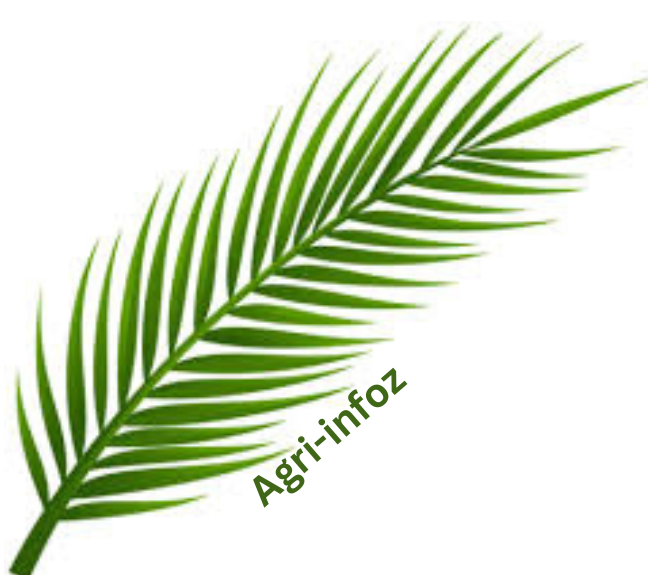


Upholding Ethical Responsibility: Implementing Animal Welfare Standards in Farming
In the dynamic landscape of modern agriculture, the welfare of animals stands as a core ethical principle, guiding responsible stewardship and sustainable farming practices. Animal welfare standards encompass a set of principles, protocols, and practices aimed at ensuring the physical and mental well-being of livestock throughout their lives. From housing and handling to nutrition and healthcare, every aspect of farm management should prioritize the welfare and dignity of the animals under human care. In this comprehensive exploration, we delve into the importance of animal welfare standards in farming and share practical strategies for implementing and upholding ethical responsibility in agricultural enterprises.
Read more related: Animal Husbandry and Food Security
The Importance of Animal Welfare in Farming
Animal welfare is integral to the ethical and moral framework of farming, reflecting society’s expectations for the humane treatment of animals raised for food, fiber, and other agricultural products. Upholding high standards of animal welfare not only promotes the physical and mental well-being of individual animals but also enhances farm productivity, consumer confidence, and societal trust in the agricultural industry. By prioritizing animal welfare, farmers demonstrate a commitment to ethical responsibility, environmental sustainability, and social accountability.
Principles of Animal Welfare
Animal welfare standards are founded on a set of core principles that guide responsible farm management practices:
- Freedom from Hunger and Thirst: Providing animals with access to a nutritious diet and clean, fresh water to meet their physiological needs and maintain optimal health.
- Freedom from Discomfort: Ensuring animals are housed in environments that protect them from adverse weather conditions, extremes of temperature, and physical discomfort.
- Freedom from Pain, Injury, or Disease: Implementing preventive health measures, disease control protocols, and veterinary care to minimize the risk of pain, injury, and illness in animals.
- Freedom to Express Normal Behavior: Allowing animals to engage in natural behaviors, social interactions, and locomotion patterns that are essential for their physical and psychological well-being.
- Freedom from Fear and Distress: Minimizing stress, fear, and anxiety in animals through low-stress handling techniques, environmental enrichment, and positive human-animal interactions.
Implementing Animal Welfare Standards
Effective implementation of animal welfare standards in farming requires a holistic approach that encompasses various aspects of farm management:
- Housing and Facilities: Designing and maintaining housing facilities that accommodate the behavioral and physiological needs of animals, including sufficient space, ventilation, and environmental enrichment.
- Handling and Transportation: Using gentle handling techniques, appropriate restraint methods, and safe transportation practices to minimize stress and ensure the welfare of animals during handling and transport.
- Nutrition and Feeding: Providing animals with balanced diets tailored to their nutritional requirements and production goals, ensuring access to clean, fresh water and feed at all times.
- Healthcare and Veterinary Care: Establishing preventive health programs, disease surveillance protocols, and access to veterinary care to promote animal health and well-being.
- Breeding and Reproduction: Managing breeding programs and reproductive health to optimize fertility, minimize reproductive disorders, and ensure the welfare of breeding animals and their offspring.
- Monitoring and Assessment: Regularly monitoring and assessing animal welfare indicators, such as body condition, behavior, and health status, to identify areas for improvement and intervention.
- Training and Education: Providing comprehensive training and education to farm staff on animal welfare principles, handling techniques, and best management practices to ensure compliance and continuous improvement.
Certification and Auditing
Certification schemes and third-party audits play a crucial role in verifying compliance with animal welfare standards and providing assurance to consumers and stakeholders. Participating in voluntary certification programs, such as animal welfare assurance schemes or farm animal welfare audits, demonstrates a commitment to transparency, accountability, and continuous improvement in farm management practices.
Conclusion
In the complex and evolving landscape of agriculture, the implementation of animal welfare standards emerges as a fundamental ethical imperative, guiding responsible farm management practices and ensuring the well-being of animals under human care. By prioritizing animal welfare, farmers uphold their ethical responsibility, enhance farm productivity and sustainability, and foster trust and confidence in the agricultural industry. Through a commitment to ethical farming practices and continuous improvement, farmers contribute to the welfare of animals, the integrity of the food supply chain, and the resilience of agricultural systems.




2 thoughts on “Animal Welfare Standards in Farming”